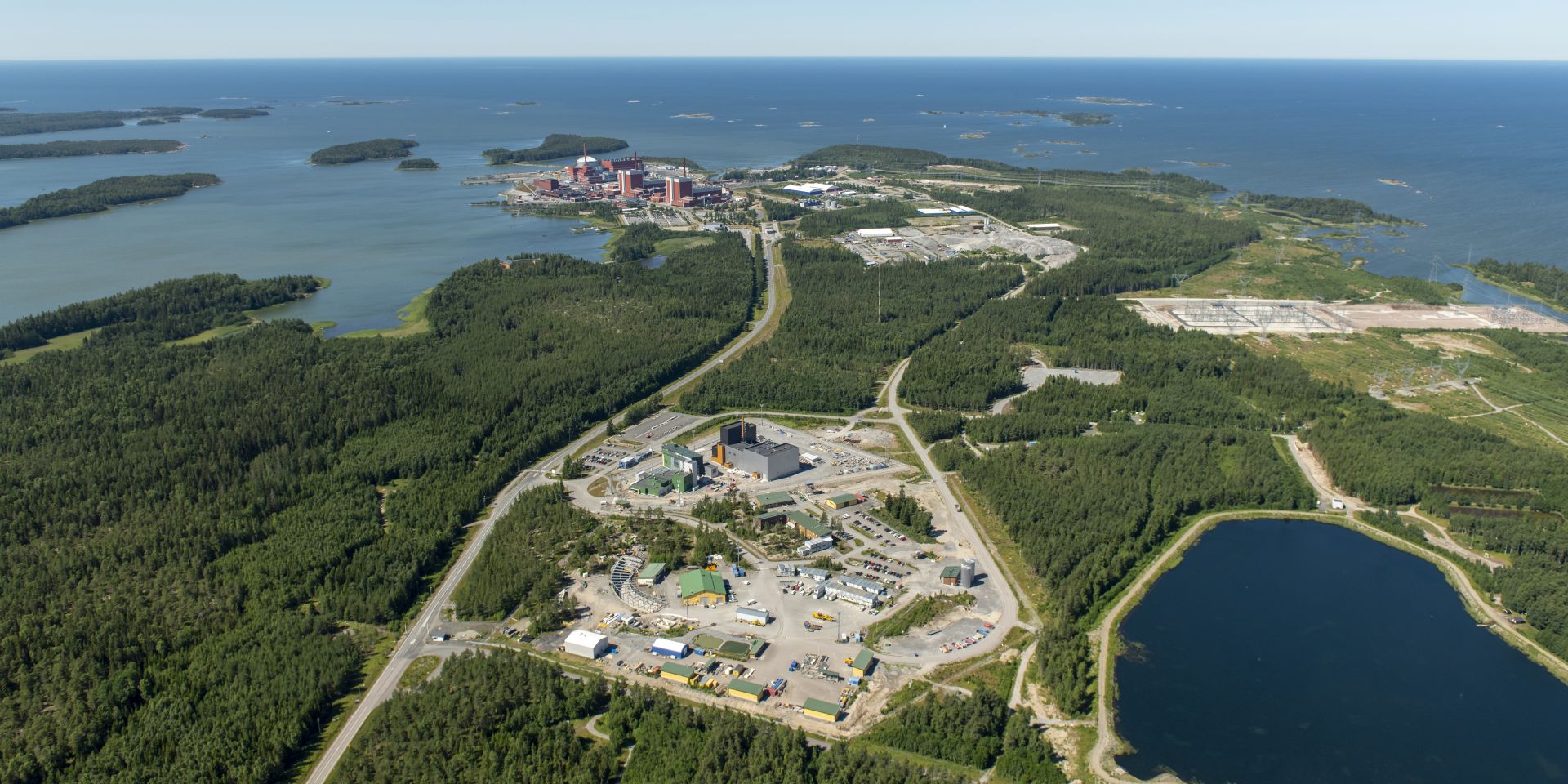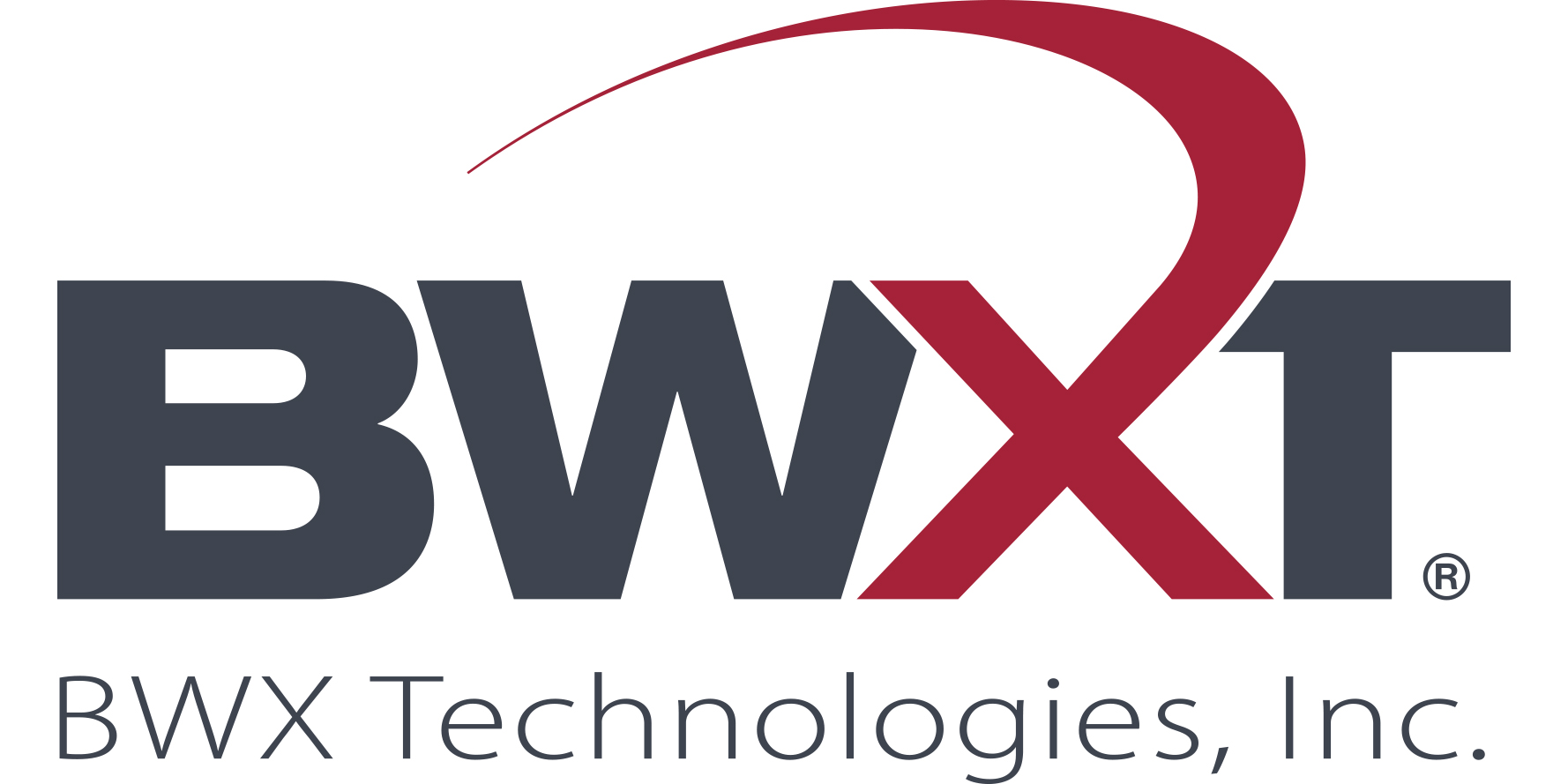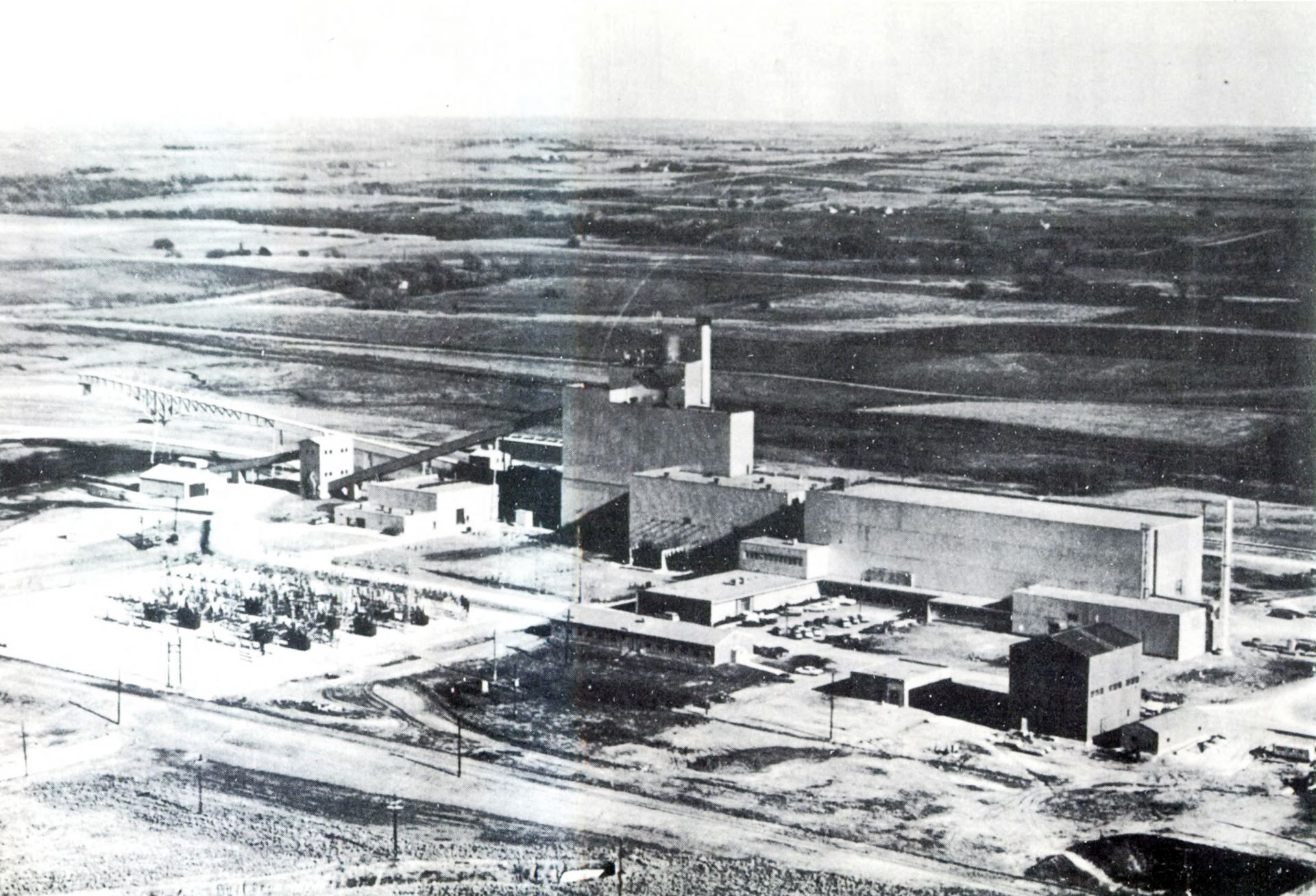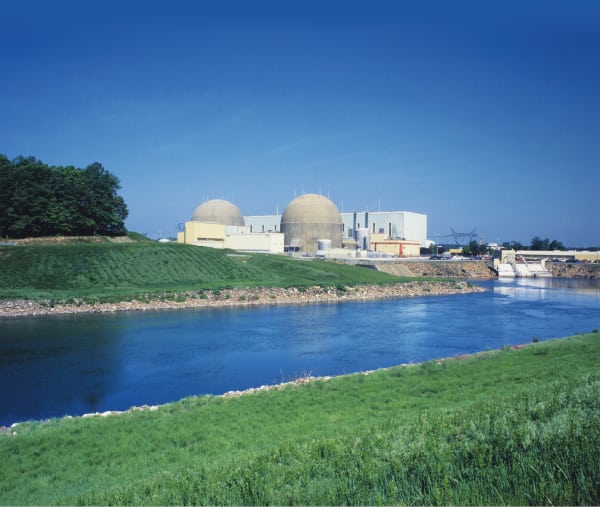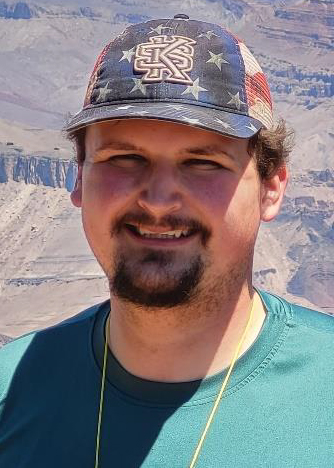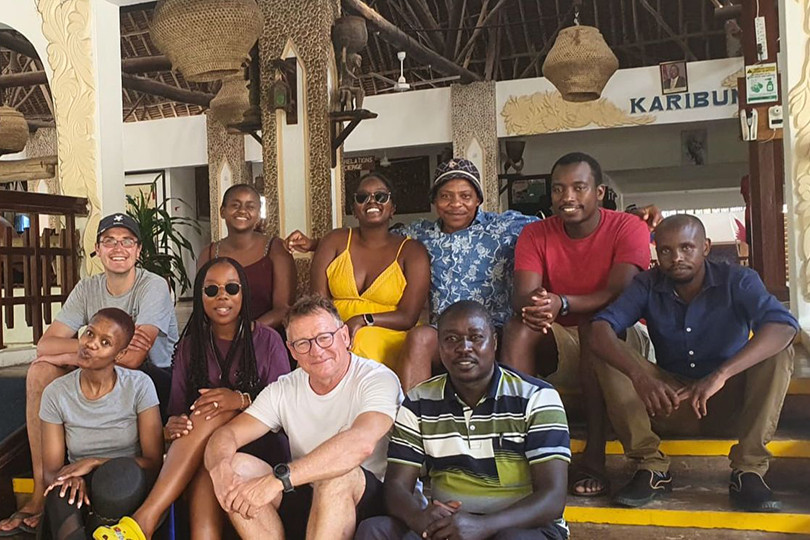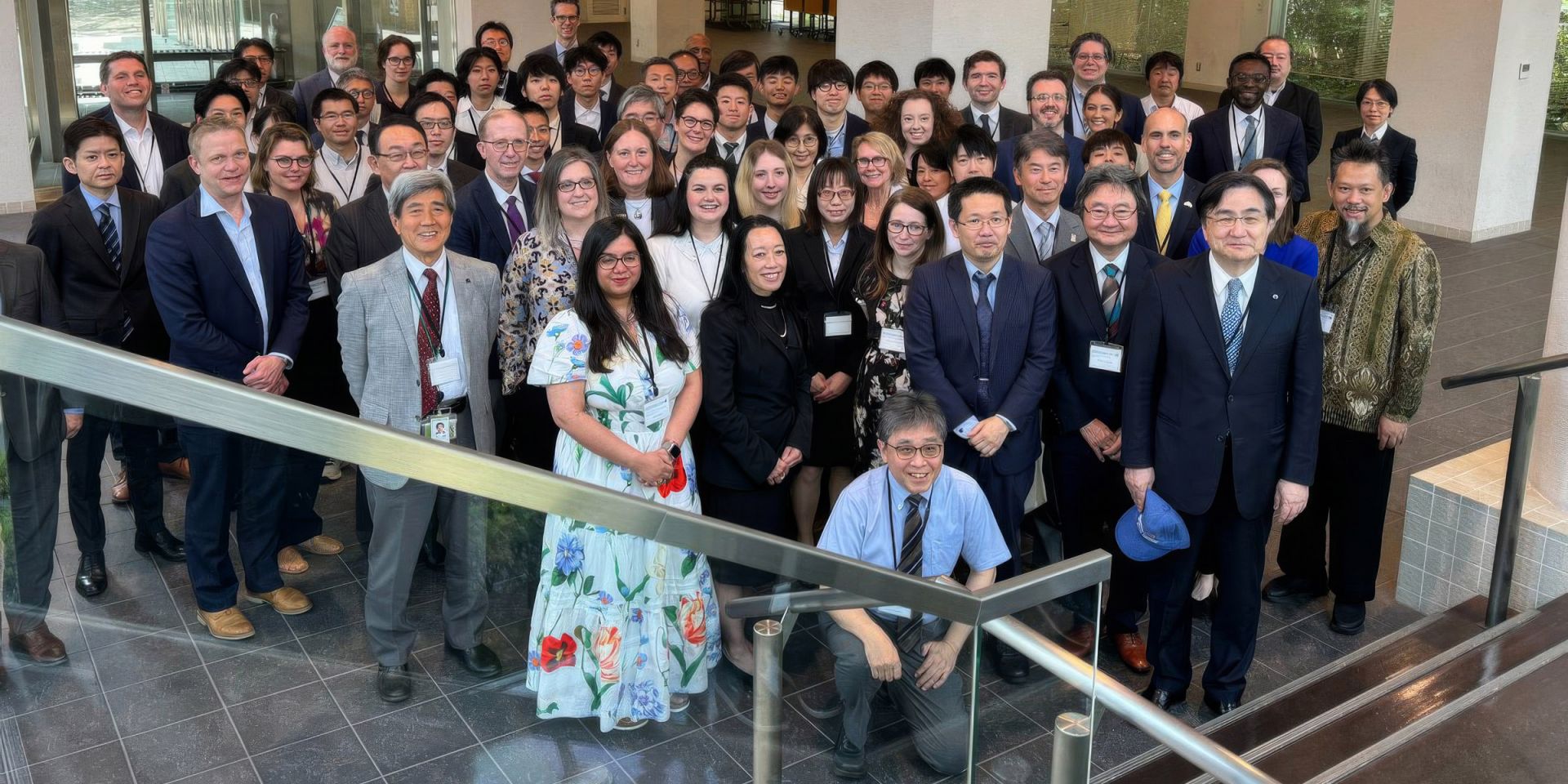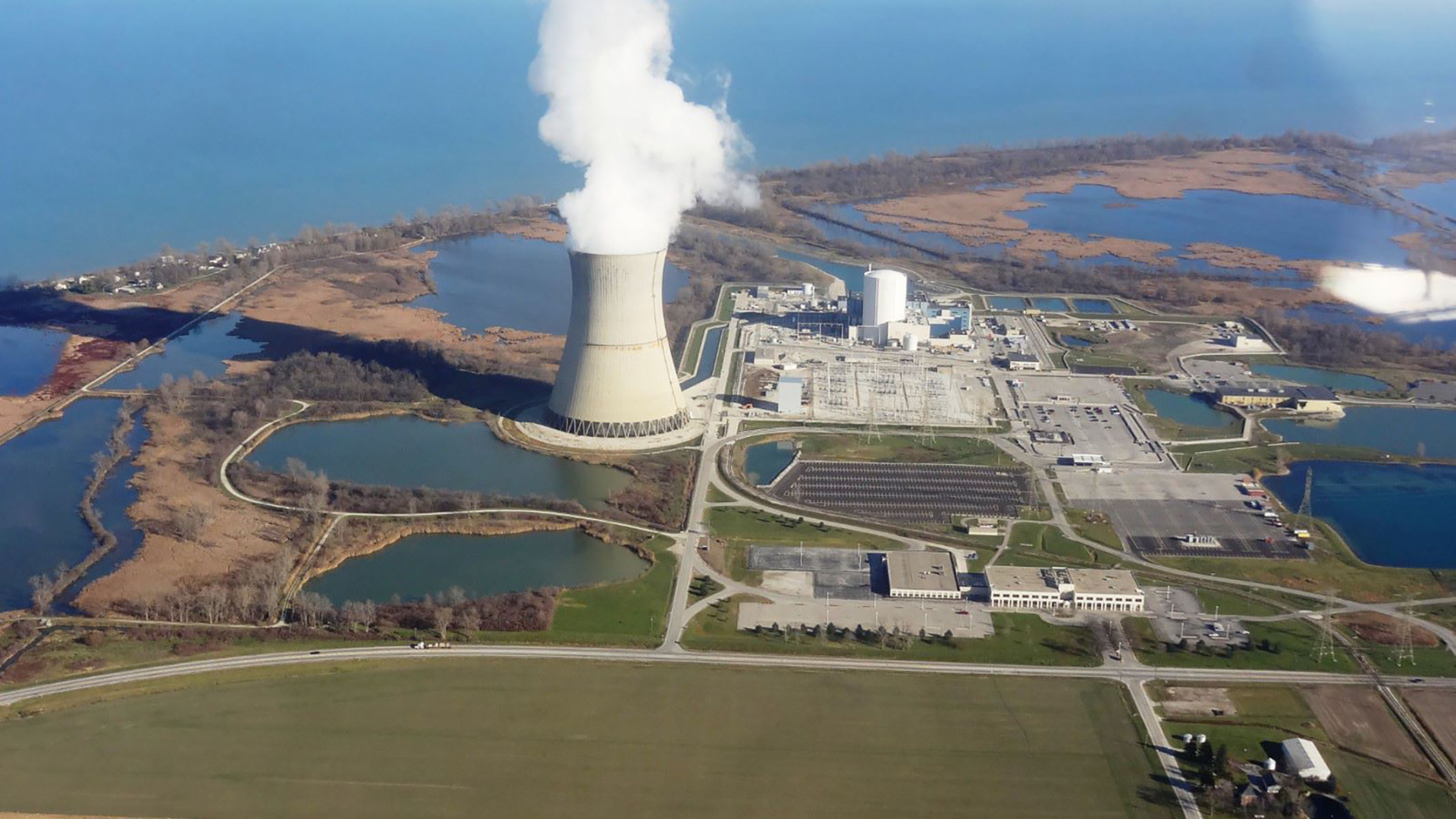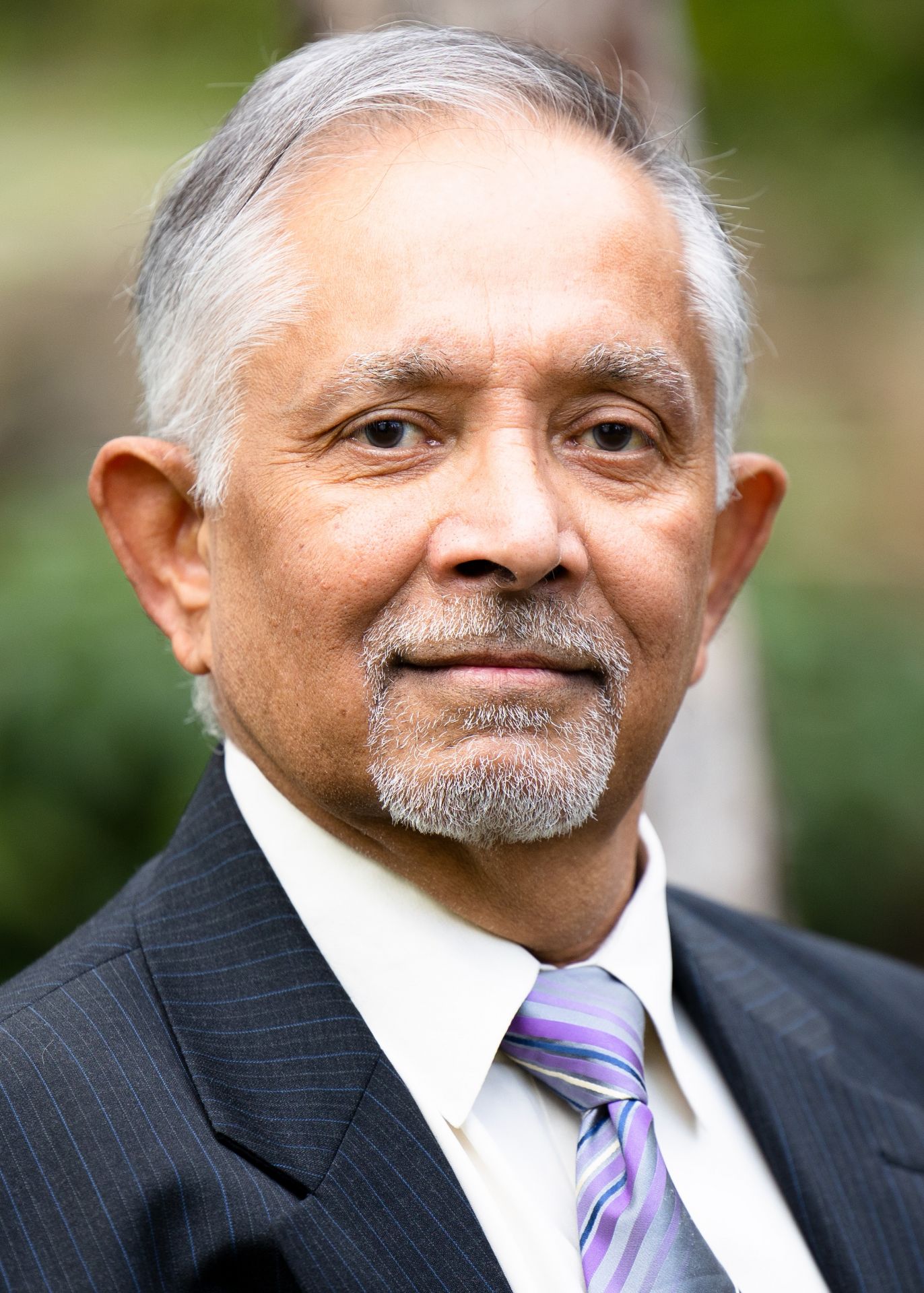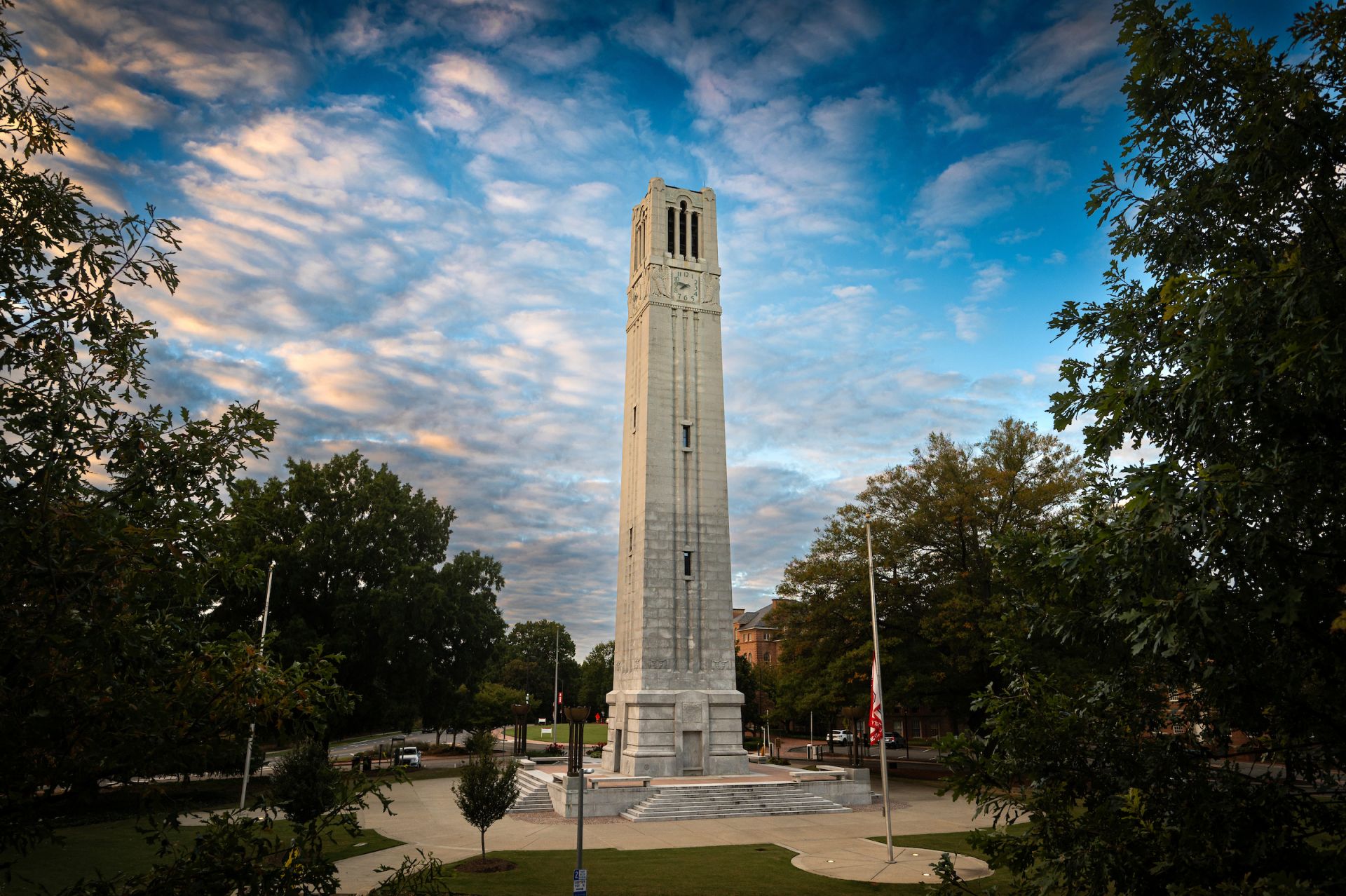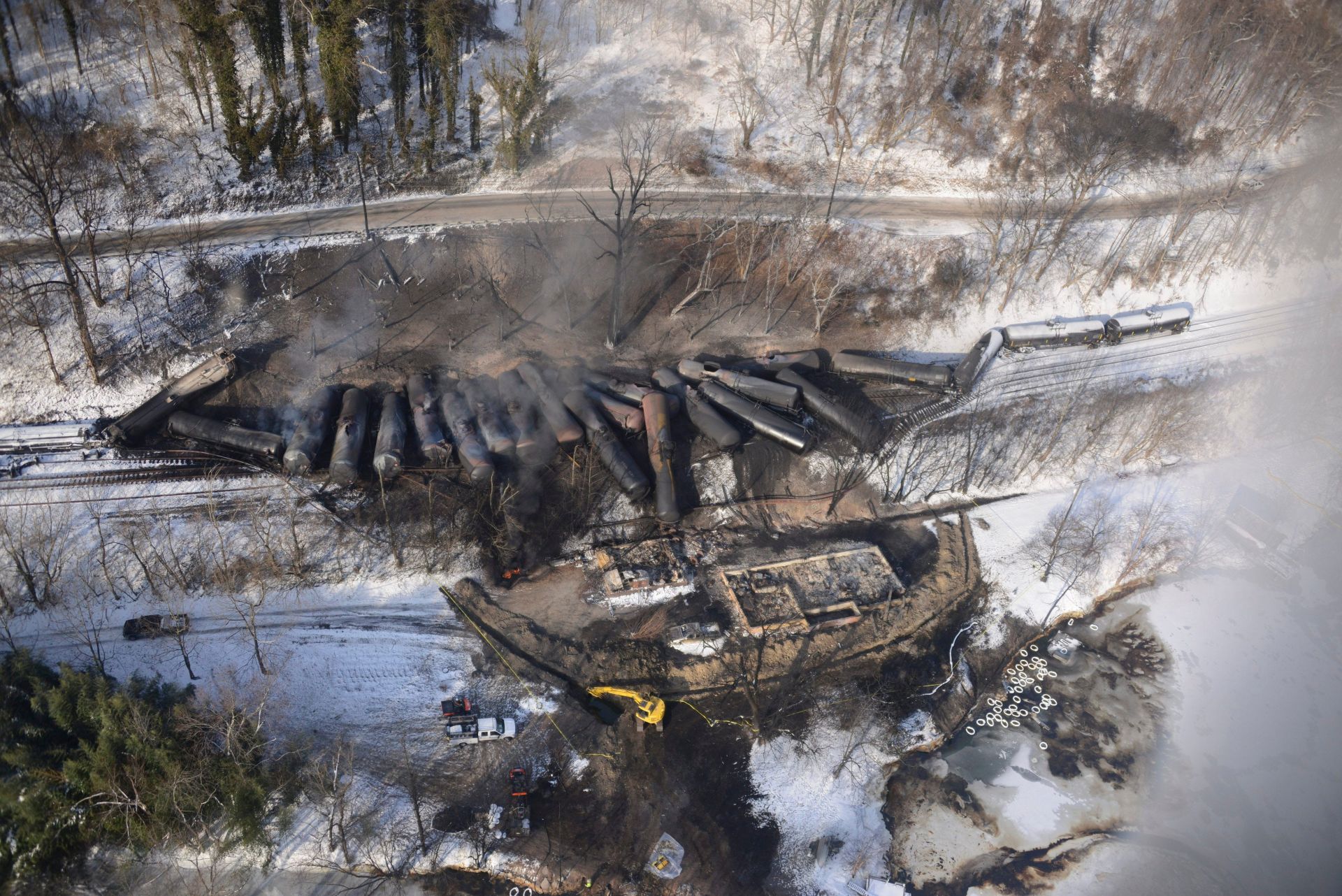ANS open letter to Science magazine challenging claims about HALEU
September 3, 2024
Dr. Holden Thorp
Editor-in-Chief, Science
Subject: Science magazine Policy Forum article “The weapons potential of high-assay low-enriched uranium” published June 2024
Dear Dr. Thorp:
The American Nuclear Society—a professional nuclear science and technology society representing more than 10,000 members worldwide—writes this open letter to address concerns regarding Science magazine’s June 2024 Policy Forum article, entitled “The weapons potential of high-assay low-enriched uranium” by R. Scott Kemp, Edwin S. Lyman, Mark R. Deinert, Richard L. Garwin, and Frank N. von Hippel.
The article describes the potential misuse of high-assay low-enriched uranium (HALEU)1. We acknowledge the importance of this discussion and the necessity of continually evaluating the proliferation risks associated with nuclear materials. However, after extensive technical review of the article by members and officers of the ANS Fuel Cycle and Waste Management Division and the ANS Nuclear Nonproliferation Policy Division, we remain unconvinced of the positions advocated by the authors.
The site of the Onkalo deep geological repository near Eurajoki, Finland, with the Olkiluoto nuclear power plant in the background. (Photo: Posiva)
Finland’s waste management organization Posiva announced that it has begun a trial run of placing spent fuel canisters in the Onkalo geologic repository, which is located near the Olkiluoto nuclear power plant in southwestern Finland. No spent fuel will be disposed of during the trial run, which is expected to last several months.
Work crews at the INL Site prepare to move Peach Bottom fuel from a transfer cask to a storage vault. (Photo: DOE)
Crews at the Department of Energy’s Idaho National Laboratory Site recently completed work to transfer baskets of spent nuclear fuel ahead of a September 30 deadline.
Aerial view of Hallam nuclear power plant (toward right) and Sheldon Power Station (toward left). (Photo: U.S. AEC/Wiki Commons)
The Hallam nuclear power plant in Nebraska, about 25 miles southwest of Lincoln, was a 75-MWe sodium-cooled, graphite-moderated reactor operated by Consumers Public Power District of Nebraska (CPPD). It was co-located with the Sheldon Power Station, a conventional coal-fired plant. The facility had a shared control room and featured a shared turbo generator that could accept steam from either heat source.
The North Anna nuclear power plant. (Photo: Dominion)
Dominion Energy’s North Anna nuclear power plant received its second operating license renewal earlier this week, the U.S. Nuclear Regulatory Commission announced.
North Anna Units 1 and 2 are twin 973-MWe three-loop Westinghouse pressurized water reactors located about 40 miles northwest of Richmond, Va. Unit 1’s operating license will now expire April 1, 2058, and Unit 2’s will expire August 21, 2060.
The 10-member team that collaborated to survey sediments in Kenya’s Kilindini Harbor. (Photo: IAEA)
Kilindini Harbor in Mombasa, Kenya, is East Africa’s largest international seaport. But rapid development of the Kenyan coastal zone is changing sediment distribution and dispersal patterns in the region, and shifting sediment poses safety and efficiency risks to ships in the harbor. With help from the International Atomic Energy Agency, a team of researchers from Kenya and South Africa has deployed a unique system to measure natural radionuclides in beach and aquatic sediments and map sediment transportation in the region. The IAEA described the mission in a photo essay published August 21.
Tohoku University’s Sakura Hall was the site of a workshop coffee break and photo op. (All photos: University of Michigan/Tohoku University)
Tohoku University in Sendai, Japan, was the site of an advanced nuclear reactor workshop in late May that was hosted by the Fastest Path to Zero Initiative of the University of Michigan and Tohoku’s Center for Fundamental Research on Nuclear Decommissioning. The event was co-organized by the U.S. Consulate in Sapporo, Japan, and the Atlantic Council, which is associated with the North Atlantic Treaty Organization. The workshop, “The Potential Contribution of Advanced Nuclear Energy Technologies to the Decarbonization and Economic Development of Japan and the U.S.,” featured numerous American and Japanese academic authorities, government policymakers, executives of utilities and advanced reactor developers, and leaders of nongovernmental organizations. Also participating were students from both the University of Michigan and Tohoku University.
The Davis-Besse nuclear power plant. (Photo: IAEA)
The Nuclear Regulatory Commission will discuss the Davis-Besse nuclear power plant safety performance last year in a public meeting this Thursday, August 29.
The Memorial Belltower at NC State in Raleigh. (Photo: NC State)
North Carolina State University is hosting the inaugural Future Leaders in Nuclear: Undergraduate Symposium in early October at its campus in Raleigh. The event for rising juniors and seniors in nuclear engineering or related science and engineering fields will give attendees the opportunity to present their research.
Concept art of a Westinghouse AP300 SMR. (Image: Westinghouse)
The United Kingdom’s Department of Energy Security and Net Zero has signed off on Westinghouse’s AP300 small modular reactor earlier this month.
The 2015 CSX Transportation crude oil train derailment and fire in Mount Carbon, W. Va. (Photo: CPO Angie Vallier/U.S. Coast Guard)
We all know that nuclear energy is the best energy source available—the safest and most reliable with the lowest life-cycle carbon footprint and the lowest environmental impact of any source, according to the latest UN report (unece.org/sites/default/files/2021-11/LCA_final.pdf).


